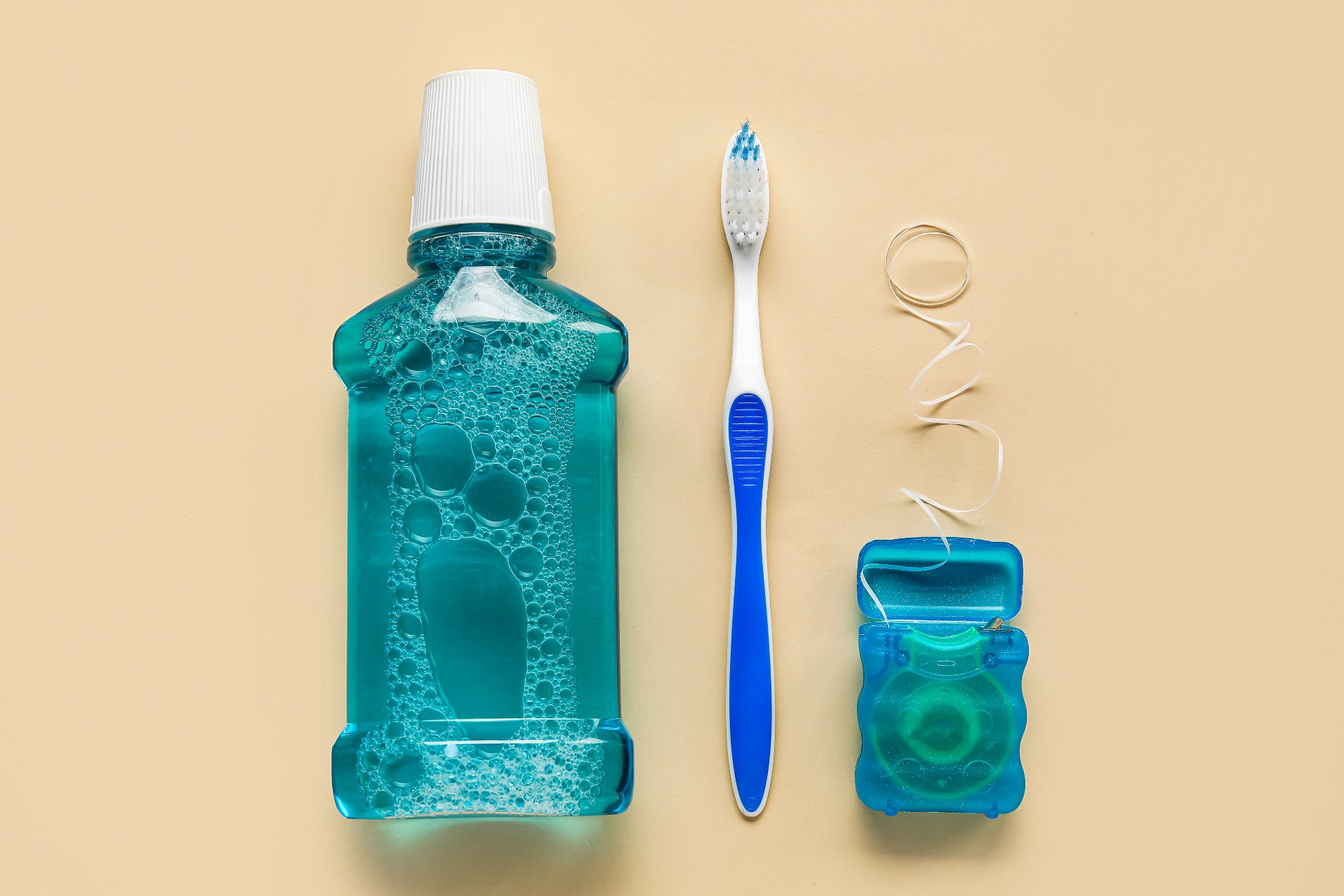When it comes to oral hygiene, brushing and flossing are the foundation of a healthy routine. However, incorporating mouthwash into your dental care regimen can provide additional benefits. Mouthwash, also known as oral rinse, offers various formulations that target specific oral health needs. There are many different types of mouthwash, each with its own purpose and benefits:
Antiseptic Mouthwash: Antiseptic mouthwash contains ingredients such as chlorhexidine or oils like thymol or eucalyptol. These formulations help reduce the amount of bacteria in the mouth, fight plaque, and prevent gum diseases like gingivitis. Antiseptic mouthwashes are often prescribed by dentists for short-term use or as a part of treatment plans for specific oral health conditions.
Fluoride Mouthwash: Fluoride mouthwash is designed to strengthen tooth enamel and prevent tooth decay. Fluoride, a natural mineral, helps remineralize weakened tooth enamel and makes teeth more resistant to acid attacks from plaque bacteria as well as our food and drink. Fluoride mouthwash is particularly beneficial for individuals who are at a higher risk of developing cavities or have a history of dental issues.
Cosmetic Mouthwash: Cosmetic mouthwash focuses primarily on freshening breath, whitening teeth, and providing a temporary feeling of cleanliness in the mouth. These mouthwashes often contain ingredients like peppermint or spearmint, which leave a pleasant taste and mask bad breath. While cosmetic mouthwashes do not offer any therapeutic benefits, they can be a helpful addition to your oral hygiene routine, especially for social confidence.
Prescription Mouthwash: Prescription mouthwashes are prescribed by dentists for specific oral conditions such as periodontal disease, dry mouth (xerostomia), or after oral surgery. These specialized mouthwashes may contain antimicrobial agents, analgesics, or other medicated ingredients to address specific concerns and aid in the healing process.
Add Another Weapon to Your Dental Hygiene Arsenal
Mouthwash can serve as a beneficial adjunct to regular brushing and flossing, enhancing oral health in several ways. It can reach areas in the mouth that a toothbrush or floss may miss, providing an extra level of cleanliness and freshness. Mouthwash can also help control bad breath by reducing odour-causing bacteria. Additionally, certain types of mouthwash, like fluoride or antiseptic variants, can combat tooth decay, plaque buildup, and gum diseases.
However, it’s important to remember that mouthwash should not replace brushing and flossing, which are essential for plaque removal and maintaining healthy gums. Mouthwash should be used as a complementary component of a comprehensive oral care routine. Contact the team at Okanagan Smiles today, and Dr. Grewal will work with you to create an oral care routine tailored to your specific dental needs.

